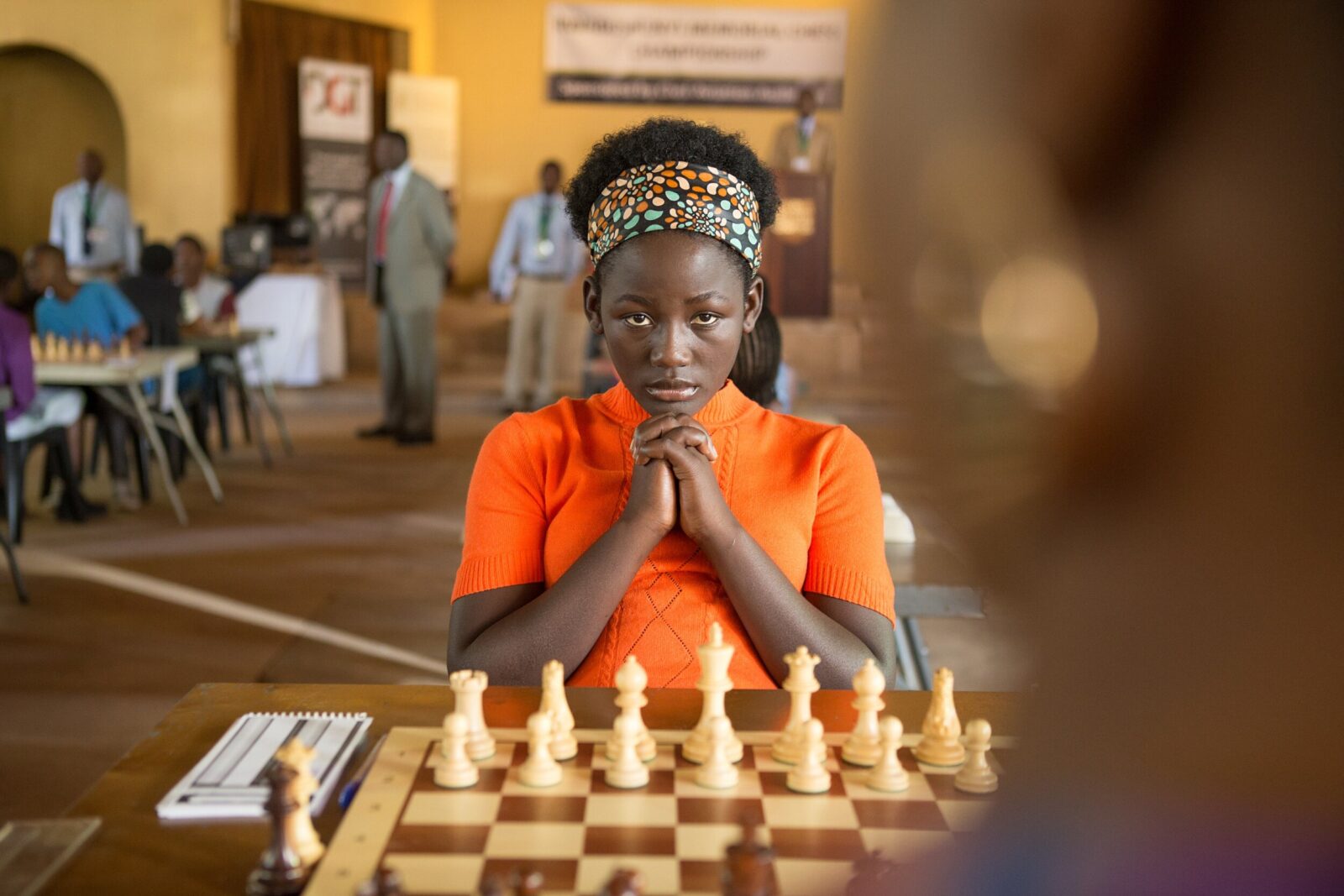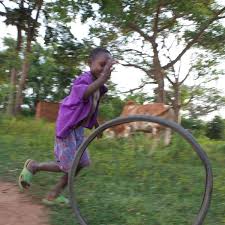In the heart of Kampala’s Katwe slum, where poverty and limited opportunities define daily life, a chess club that inspired the 2016 Disney film Queen of Katwe continues to shape the destinies of disadvantaged youth, even as it grapples with dwindling funds and operational setbacks. SomChess Academy, founded in 2004 by civil engineer-turned-chess coach Robert Katende, has become a beacon of hope for thousands of children and young adults seeking an escape from poverty through the power of strategy and discipline.
Robert Katende, portrayed by David Oyelowo in the acclaimed movie, says his vision has always been about more than chess. “We use chess as a teaching tool to identify the potential of the learners and guide them to their destiny,” he told the BBC during a recent visit to his academy. His early students included nine-year-old Phiona Mutesi, a school dropout who went on to become a chess prodigy and Uganda’s first titled female chess player. Her journey from the slums to international Olympiads captivated the world and inspired the book and subsequent film Queen of Katwe, in which Oscar-winner Lupita Nyong’o played her mother.
Today, Katende’s chess initiative supports more than 2,500 children and around 800 prison inmates across Uganda and several African countries, including Kenya, Rwanda, Angola, Botswana, Cameroon, and Malawi. The programme has nurtured over 4,000 children over two decades, many of whom have grown to become professionals such as doctors, engineers, and lawyers.
For 18-year-old Patricia Kawuma, a two-time national junior chess champion and one of Katende’s top players, the game has changed everything. “Apart from winning school scholarships, this game has taught me how to strategise, plan ahead, and has instilled discipline and patience,” she said. Prize money from tournaments has allowed her not only to pay her own school fees but to support her siblings as well.
But the reality behind the scenes is far from glamorous. Despite a one-time $50,000 grant from Disney when the film was produced, Katende says the academy has struggled to stay afloat, especially since the COVID-19 pandemic. Before the pandemic, the initiative employed 26 staff members. Now, it manages with just eight. Several training centres have been shut down, and the academy’s 120 chessboards are stretched thin across thousands of players.
A major blow came when Disney informed Katende that the film failed to turn a profit. With a reported $15 million investment and just $10 million in returns, the corporation claims no revenue has been available to share with Katende, Phiona Mutesi, or her mother, despite an earlier agreement that promised them 67% of the profits. “People assume I’m wealthy because of the Hollywood movie,” Katende said. “But the hard truth is that we are yet to benefit from its profits.”
Yet, he remains optimistic. “If Disney had not done the film, we wouldn’t be where we are. It gave us visibility and opened doors for support.” Phiona Mutesi, who won a scholarship to Northwest University in the US and now works in Canada, is a living testament to the program’s impact.
Still, new talents like 19-year-old Jovan Kasozi, Uganda’s reigning junior chess champion, continue to face hurdles. Last year, he missed an international tournament simply because he couldn’t raise $400 for a plane ticket. “But I’m not giving up on chess,” Kasozi said. “It stimulates my mind it’s made me great at math. It makes me think like a computer.”
As Katende continues his mission under tightening financial pressure, he remains hopeful that his long game with Disney might still end in victory. “Hopefully they’ll reach out if the film ever breaks even,” he says, holding onto a vision that sees beyond adversity to the transformative power of strategy, on and off the chessboard.














Leave a comment